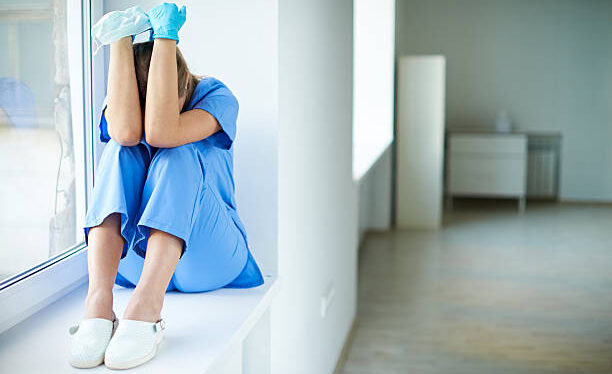
As our nation faces the COVID-19 pandemic, many NFFE-IAM members have continued to report every day to their normal workplaces directly confronting the threat of the virus. At the Department of Veterans Affairs, Indian Health Service, and other federal agencies, NFFE-IAM members are on the front lines of the struggle with COVID-19, treating veterans and regular citizens with the virus, often with insufficient personal protective equipment (PPE). At many DOD and other installations, NFFE-IAM members have often been deemed to be essential workers and continue working in close quarters with insufficient cleaning materials and no standard PPE like masks and gloves. Our members have continued working even as their coworkers contracted the disease, and in some cases, died. You probably have heard discussions in media reports about hazard pay for those working during the pandemic. Are our members going to get hazard pay?
Short answer: Not without a fight.
With the goal of establishing hazard pay for workers on the frontlines during the COVID-19 crisis, NFFE is currently fighting for hazard pay for our members. Many of our VA members are professionals, such as nurses and doctors, who are paid under a special pay statute and not entitled to hazard pay under current law. There are several bills in Congress that NFFE worked to have introduced that would provide hazard pay to these frontline health care workers, and we are working closely with our allies on Capitol Hill to make sure legislation is enacted. Options include expanding who qualifies for hazard pay, codifying pandemics as a qualifying risk, extending the hazard pay cap beyond 25%, and overlaying an automatic hourly increase on top of current wages.
NFFE is fighting this battle for hazard pay on multiple fronts. NFFE is taking the position that many of our members are already entitled to hazard pay under existing law. GS employees are entitled by law to “hazardous duty pay” of up to 25% of their base pay when they perform their duties while facing a specific hazard or physical hardship not normally part of their job. Recognized hazards include severe weather, physiological hazards, working with hazardous chemicals or materials, and dangerous underground or height work. Unprotected exposure to COVID-19 is hazardous. Prevailing rate (Wage Grade) employees have a similar right to additional pay, called “environmental differential pay.”
NFFE has begun gathering information on situations where we think those members we represent are currently entitled to hazard pay, and will file grievances covering our members to make sure they get hazard pay. These claims will be fact-based and will likely rely on the nature of the employees’ exposure to COVID-19 at work and the type of protective measures made available.
If you think you or someone you know is entitled to hazard pay based on exposure to COVID-19, contact your Local Lodge leader or your NFFE National Business Representative, or NFFE’s National Office (jfriday@nffe.org).
